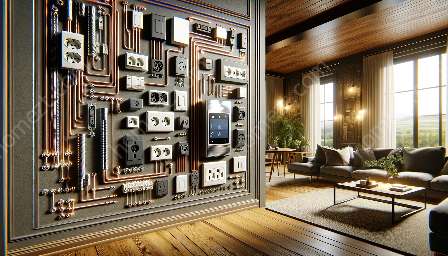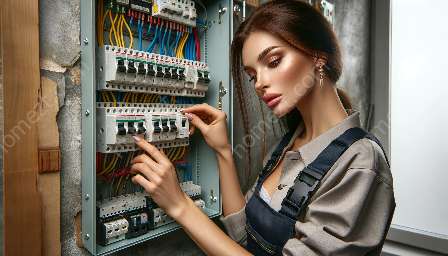Electrical testing is a critical aspect of ensuring the safety and functionality of electrical systems in domestic settings. From voltage testing to insulation resistance testing, electricians utilize various methods to assess the performance of electrical installations. This article aims to provide a comprehensive overview of electrical testing, its importance, common types of tests, and the role of electricians in performing and interpreting these tests.
Importance of Electrical Testing
Before delving into the specifics of electrical testing, it’s essential to understand why it holds such significance, particularly in domestic services. Electrical systems in homes are subjected to constant wear and tear, and without regular testing, potential hazards such as electrical fires and shocks may go unnoticed. By conducting thorough electrical testing, electricians can identify and rectify any issues before they escalate, ultimately ensuring the safety of occupants and the longevity of the electrical infrastructure.
Types of Electrical Testing
There are several types of electrical tests that electricians typically perform during inspections and maintenance. These tests help evaluate different aspects of an electrical system, from its wiring integrity to its capacity to handle electrical loads. Some of the most common types of electrical testing include:
- 1. Voltage Testing: This test determines the presence and magnitude of voltage in electrical circuits, helping electricians verify proper functioning and identify any irregularities.
- 2. Continuity Testing: By checking for electrical continuity in conductors, switches, fuses, and other components, this test ensures that current flows without interruption.
- 3. Insulation Resistance Testing: Assessing the resistance of insulation materials, this test identifies potential breakdowns in insulation, which could lead to short circuits and electrical faults.
- 4. Earth Loop Impedance Testing: This test measures the impedance in the earth fault loop, revealing the effectiveness of the protective earthing system.
- 5. RCD Testing: Residual Current Device (RCD) testing checks the operation of safety devices that protect against electric shock, helping ensure they function as intended.
Role of Electricians in Electrical Testing
Electricians play a pivotal role in conducting electrical testing and interpreting the results. They are trained to use specialized testing equipment and follow stringent safety protocols to accurately assess the condition of electrical installations. Electricians not only perform routine testing during maintenance visits but also conduct thorough inspections when diagnosing electrical issues. Additionally, they provide detailed reports and recommendations based on the test results, offering valuable insights to homeowners on maintaining the safety and efficiency of their electrical systems.
Conclusion
Electrical testing is an integral part of ensuring the safety and functionality of electrical systems in domestic services. By understanding the importance of electrical testing, familiarizing oneself with the various types of tests, and acknowledging the expertise of electricians in this domain, homeowners can take proactive steps to safeguard their properties and loved ones from electrical hazards.




















































